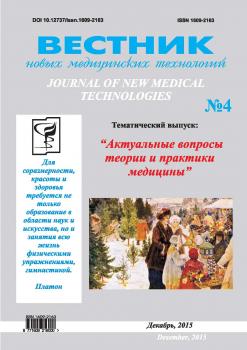For the first this article time presents the data about the features of humoral immune response to lipopolysaccharides of enterobacteria in youths with different levels of adaptation reserves, as well as the possible pathogenetic and compensatory mechanisms of adaptive response to physical stress of sports orientation. The analysis of correlations between cardio‐respiratory parameters and levels of serum anti‐LPS antibodies of different classes of athletes in the competitive period and boys in the control group showed a correlation of serum anti‐LPS‐IgA with autonomic regulation, largely expressed in students, which was accompanied by an increase in the degree of centralization of management and regulatory mechanisms influence the sympathetic component of the autonomic regulation. The authors demonstrate the necessity timely correction and direction of the protective potential of the organism in relation to transient endotoxemia. After the correction in the period between competitions increase physical performance in athletes by an average of 10.1% was accompanied by a trend towards lower levels of antibodies to enterobacterial lipopolysaccharide classes of M and G, leveling differences in these parameters relative to boys in the control group, as well as the lack of correlation relationships between studied parameters, indicating that the adaptive capacity expansion with a decrease in the limiting factors.
lipopolisaccharides, immune response, antibodies, adaptation reserves, cardio‐respiratory system.
Интенсивные нагрузки современного спорта
предъявляют высокие требования к спортсменам.
Ведущим звеном в формировании адаптацион‐
ных резервов и обеспечении эффективного функ‐
ционирования организма при достижении высо‐
ких спортивных результатов является кардиорес‐
пираторная система. Однако спортивный стресс
носит комплексный характер и включает эмо‐
циональное напряжение, физическое утомление,
рабочую гипертермию, гипоксию и ацидоз. Все
это оказывает мощное и разнонаправленное воз‐
действие на организм спортсменов, одним из
проявлений которого является транзиторная
иммуносупрессия, причем она затрагивает эф‐
фекторные механизмы как врожденного, так и
адаптивного иммунитета. По данным литерату‐
ры, спортсмены высокой квалификации значи‐
тельно чаще страдают от вирусных и бактериаль‐
ных инфекций, чем их сверстники, не получаю‐
щие больших физических нагрузок и не испыты‐
вающие воздействия спортивного стресса
[10,11,13,17,18,23].





